Home>Gardening & Outdoor>Landscaping Ideas>How Long Will Grass Seed Stay Good
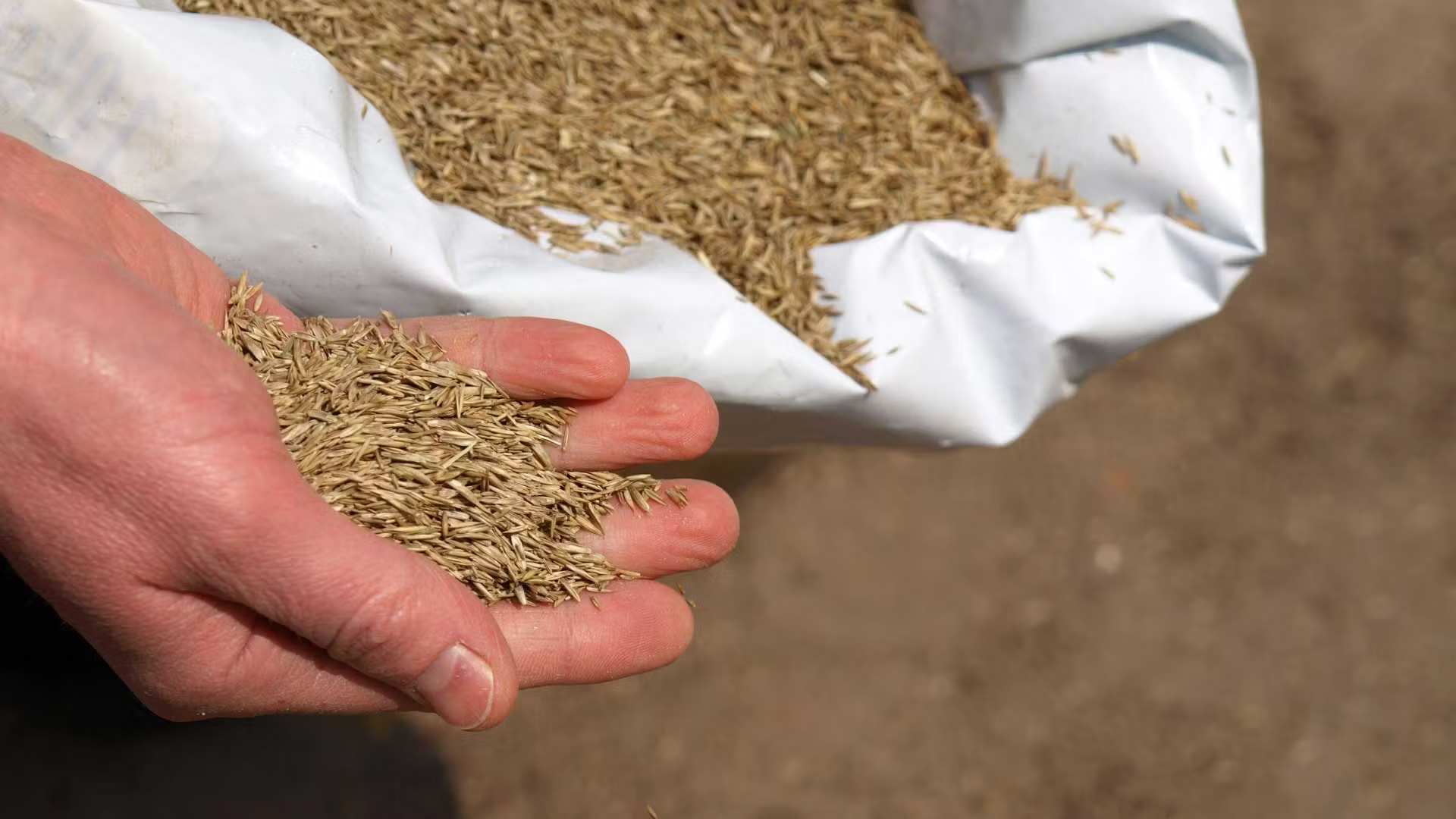

Landscaping Ideas
How Long Will Grass Seed Stay Good
Modified: September 1, 2024
Learn how long grass seed can last and stay viable for your landscaping ideas. Discover tips for storing and maintaining the quality of grass seed.
(Many of the links in this article redirect to a specific reviewed product. Your purchase of these products through affiliate links helps to generate commission for Storables.com, at no extra cost. Learn more)
Introduction
Grass seed is the foundation of a lush, verdant lawn, serving as the starting point for a beautiful outdoor space. Whether you’re a seasoned gardener or a novice landscaper, understanding the longevity of grass seed is crucial for achieving successful germination and growth. How long will grass seed stay good? This question often arises, especially when considering the purchase of grass seed in bulk or storing leftover seed from previous projects. In this article, we will delve into the various factors influencing the longevity of grass seed, explore the proper methods of storage, and identify the signs indicating that grass seed may have gone bad. By gaining insight into these essential aspects, you can ensure that your grass seed remains viable and ready to transform your outdoor landscape into a thriving oasis.
Key Takeaways:
- Grass seed longevity depends on factors like seed variety, storage conditions, and quality. Proper storage in airtight containers, cool, dark areas, and regular rotation can extend its shelf life.
- Signs of bad grass seed include discoloration, unpleasant odor, poor germination, pests, mold, and physical damage. Recognizing these signs helps in proactive measures for successful lawn establishment.
Read more: How Long Do Seeds Stay Good For
Factors Affecting the Longevity of Grass Seed
Several key factors play a significant role in determining the longevity of grass seed. Understanding these factors is essential for maximizing the viability and germination success of your grass seed.
- Seed Variety: Different grass species have varying seed longevity. For instance, cool-season grasses such as Kentucky bluegrass and fescue generally have a longer shelf life compared to warm-season grasses like Bermuda grass.
- Storage Conditions: The environment in which grass seed is stored greatly impacts its longevity. Factors such as temperature, humidity, and exposure to light can either preserve or diminish the viability of the seed.
- Seed Quality: The quality of the initial seed, including its purity and genetic integrity, directly influences its shelf life. High-quality, well-processed seed is more likely to remain viable for an extended period.
- Moisture Content: Excessive moisture can lead to seed spoilage and mold growth, significantly reducing the longevity of grass seed. Proper moisture levels are crucial for maintaining seed viability.
- Storage Container: The type of container used for storing grass seed can impact its longevity. Airtight, moisture-resistant containers are ideal for preserving seed quality.
- Storage Duration: The length of time that grass seed has been stored can affect its viability. While some seeds can remain viable for several years under optimal conditions, others may have a shorter shelf life.
By considering these factors, you can make informed decisions regarding the purchase, storage, and utilization of grass seed, ultimately maximizing its potential for successful germination and growth.
Proper Storage of Grass Seed
Effective storage practices are paramount in preserving the viability of grass seed. By adhering to proper storage guidelines, you can extend the shelf life of your seed and optimize its germination potential.
- Container Selection: Choose a durable, airtight container that is specifically designed for seed storage. This will help protect the seed from moisture, pests, and environmental factors.
- Location: Store the seed in a cool, dry, and dark environment. Avoid areas prone to temperature fluctuations and direct sunlight, as these can compromise seed quality.
- Temperature Control: Aim to maintain a consistent temperature for the storage area, ideally between 40°F and 50°F (4°C to 10°C). Fluctuations in temperature can accelerate seed deterioration.
- Humidity Management: Keep the storage area low in humidity to prevent moisture from compromising the seed. Using desiccants or silica gel packs can help absorb excess moisture.
- Avoiding Contaminants: Ensure that the storage area is free from potential contaminants such as chemicals, fertilizers, and other substances that could negatively impact the seed.
- Labeling and Rotation: Clearly label the storage container with the seed variety and date of purchase. Additionally, practice proper rotation by using older seed before newer acquisitions.
By implementing these storage practices, you can safeguard the integrity of your grass seed, prolong its viability, and ultimately enhance the success of your lawn establishment and maintenance endeavors.
Store grass seed in a cool, dry place to keep it viable for up to 3 years. After that, the germination rate may decrease. Always check the expiration date on the seed packaging.
Signs of Grass Seed Going Bad
Recognizing the signs that grass seed may have gone bad is crucial for ensuring successful germination and establishing a healthy lawn. By identifying potential indicators of seed deterioration, you can take proactive measures to address any issues and maximize the likelihood of successful growth.
Here are some common signs that grass seed may be compromised:
- Discoloration: Inspect the seed for any noticeable discoloration, such as a darkened or off-color appearance. Discolored seeds may indicate mold growth or decay.
- Unpleasant Odor: If the grass seed emits a musty, sour, or otherwise unpleasant odor, it may be a sign of spoilage or contamination.
- Poor Germination: Conduct a small germination test by placing a sample of the seed in a damp paper towel or seed-starting mix. If the seed exhibits minimal or no germination after the appropriate timeframe, it may have lost its viability.
- Pest Infestation: Presence of pests such as insects or rodents in the storage container or around the seed may indicate compromised seed quality.
- Mold or Fungal Growth: Visible mold or fungal growth on the seed is a clear indication of deterioration and should be addressed promptly.
- Physical Damage: Seeds that appear physically damaged, crushed, or malformed are unlikely to germinate effectively and may have lost their viability.
By remaining vigilant and attentive to these signs, you can assess the condition of your grass seed and take appropriate actions to address any issues. Promptly addressing compromised seed can prevent potential setbacks and contribute to the success of your lawn establishment efforts.
Conclusion
Understanding the longevity of grass seed and the factors influencing its viability is essential for achieving successful lawn establishment and maintenance. By considering the seed variety, storage conditions, and quality indicators, you can make informed decisions to maximize the potential of your grass seed.
Proper storage practices, including selecting suitable containers, controlling temperature and humidity, and minimizing exposure to contaminants, are instrumental in preserving the integrity of grass seed. By adhering to these guidelines, you can extend the shelf life of your seed and optimize its germination potential.
Recognizing the signs of deteriorating grass seed, such as discoloration, odors, poor germination, and physical damage, empowers you to take proactive measures to address any issues and safeguard the success of your lawn establishment endeavors.
Ultimately, by staying attuned to the condition of your grass seed and implementing appropriate storage and maintenance practices, you can ensure that your seed remains viable and ready to transform your outdoor landscape into a flourishing, vibrant oasis.
With a thorough understanding of the factors affecting grass seed longevity and the implementation of proper storage techniques, you can embark on your landscaping projects with confidence, knowing that your grass seed is primed for optimal germination and growth.
Frequently Asked Questions about How Long Will Grass Seed Stay Good
Was this page helpful?
At Storables.com, we guarantee accurate and reliable information. Our content, validated by Expert Board Contributors, is crafted following stringent Editorial Policies. We're committed to providing you with well-researched, expert-backed insights for all your informational needs.

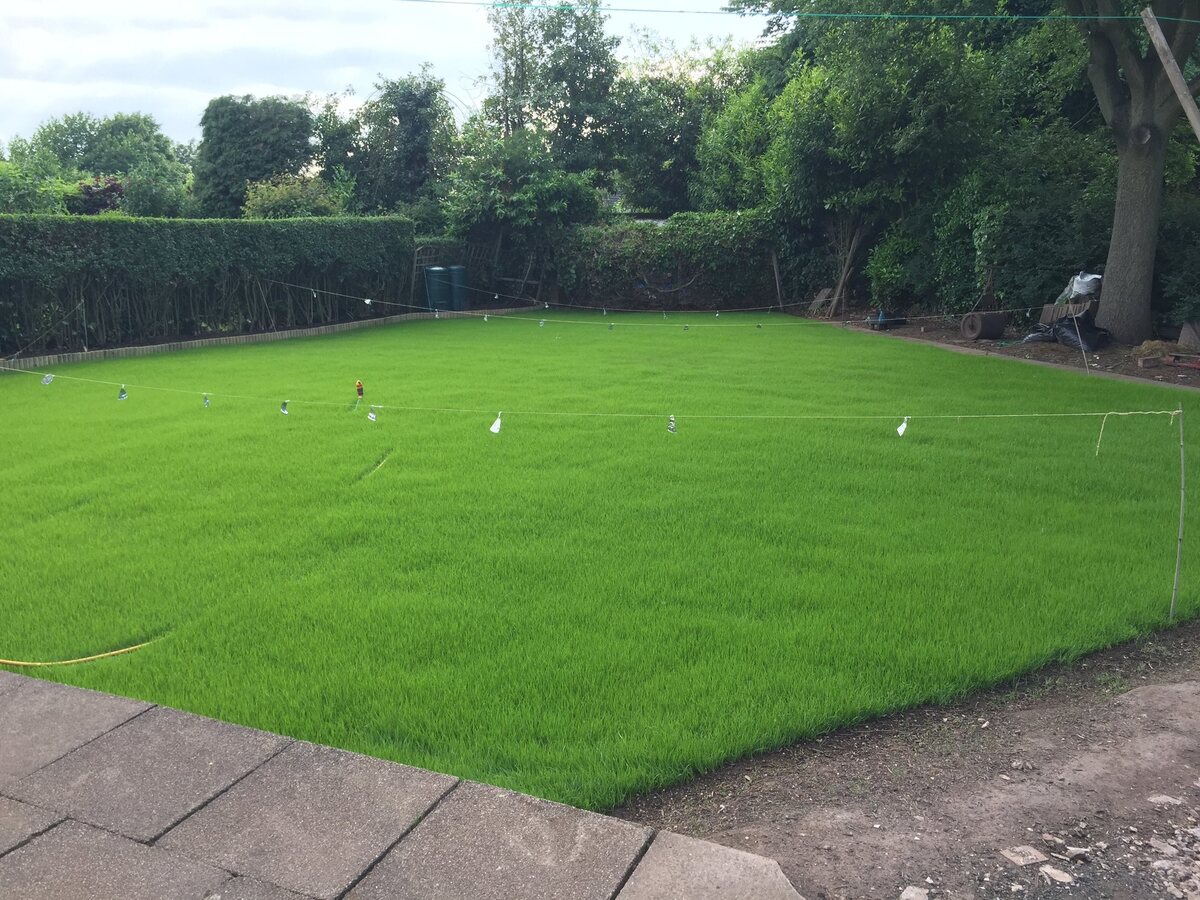
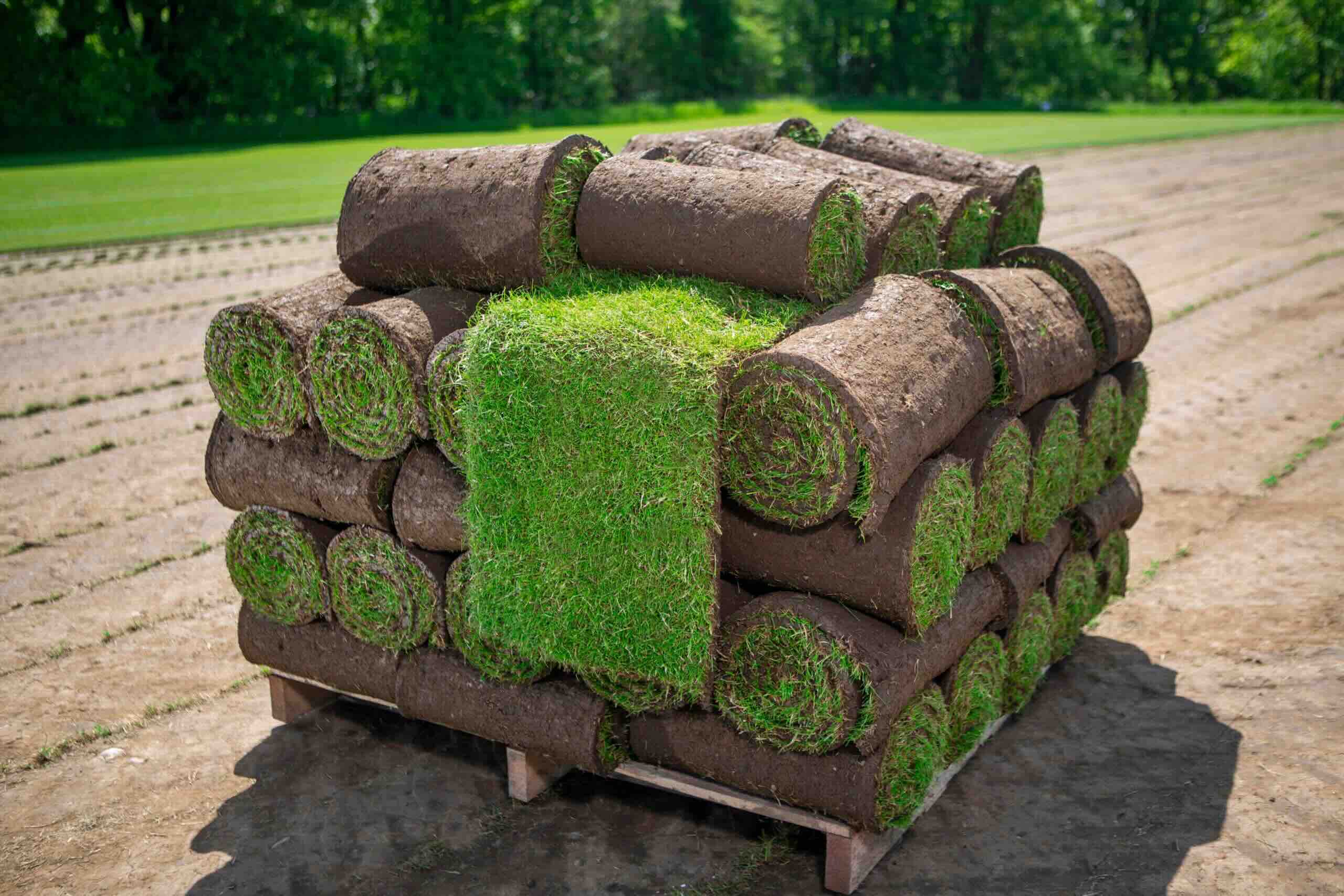
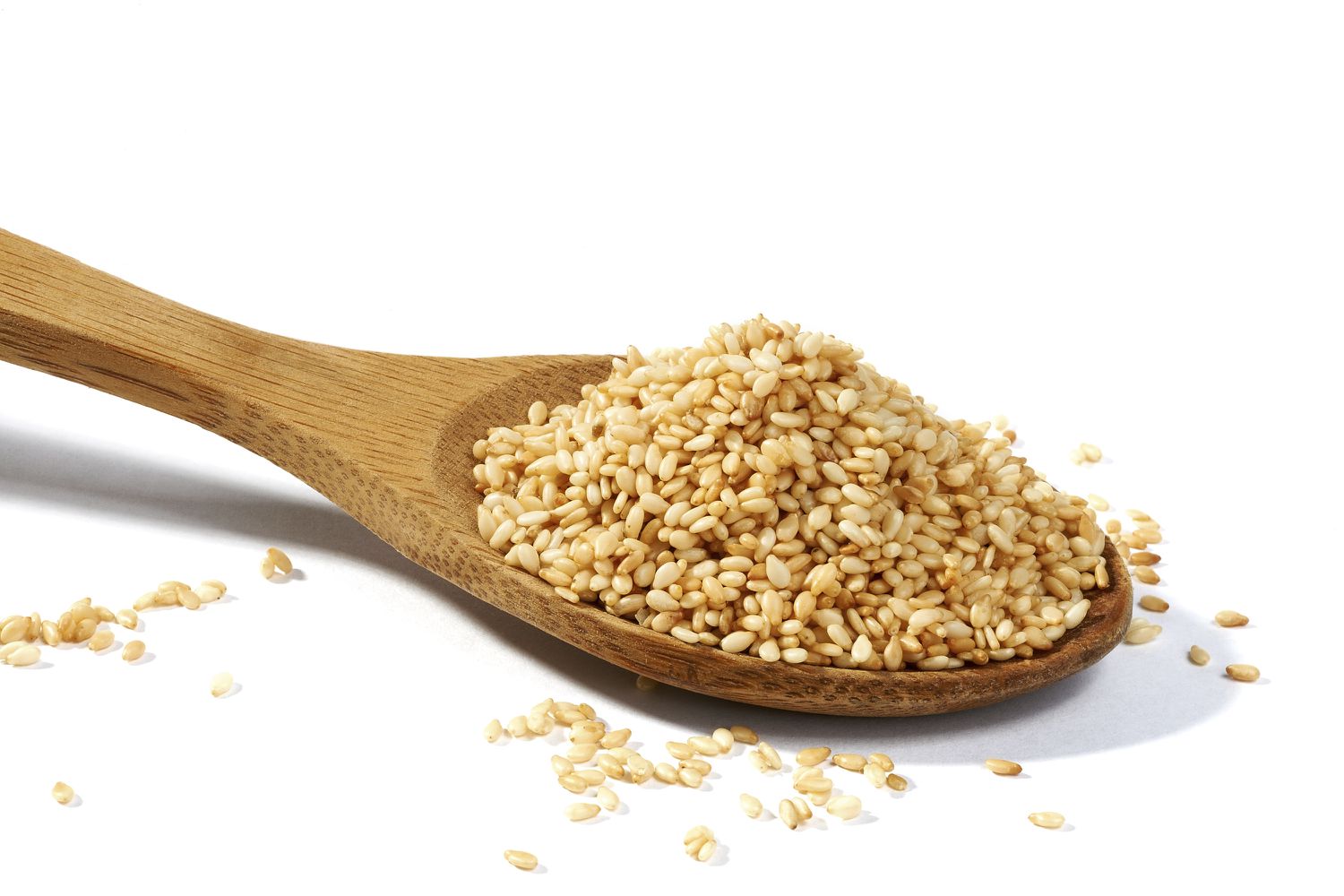
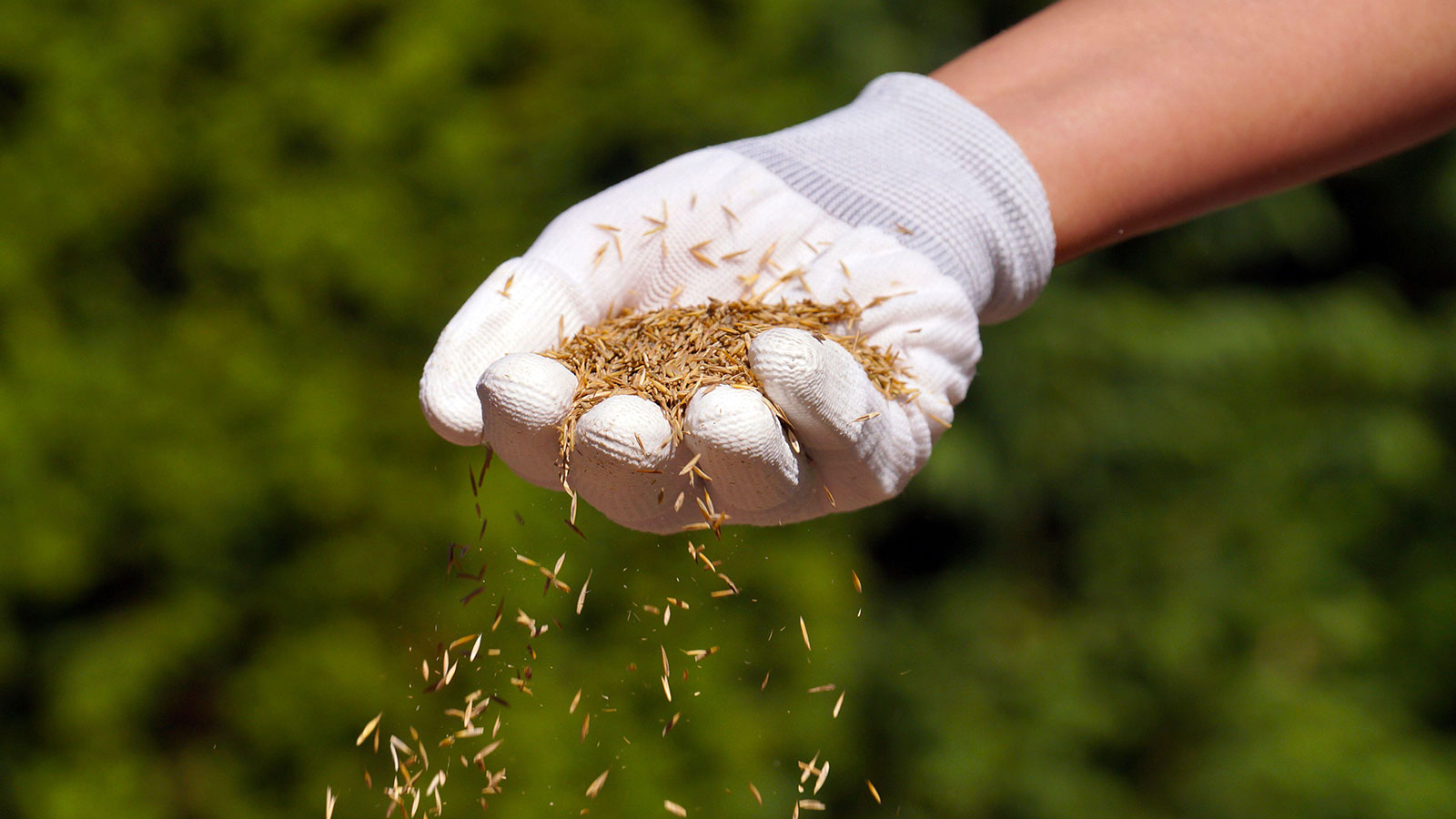
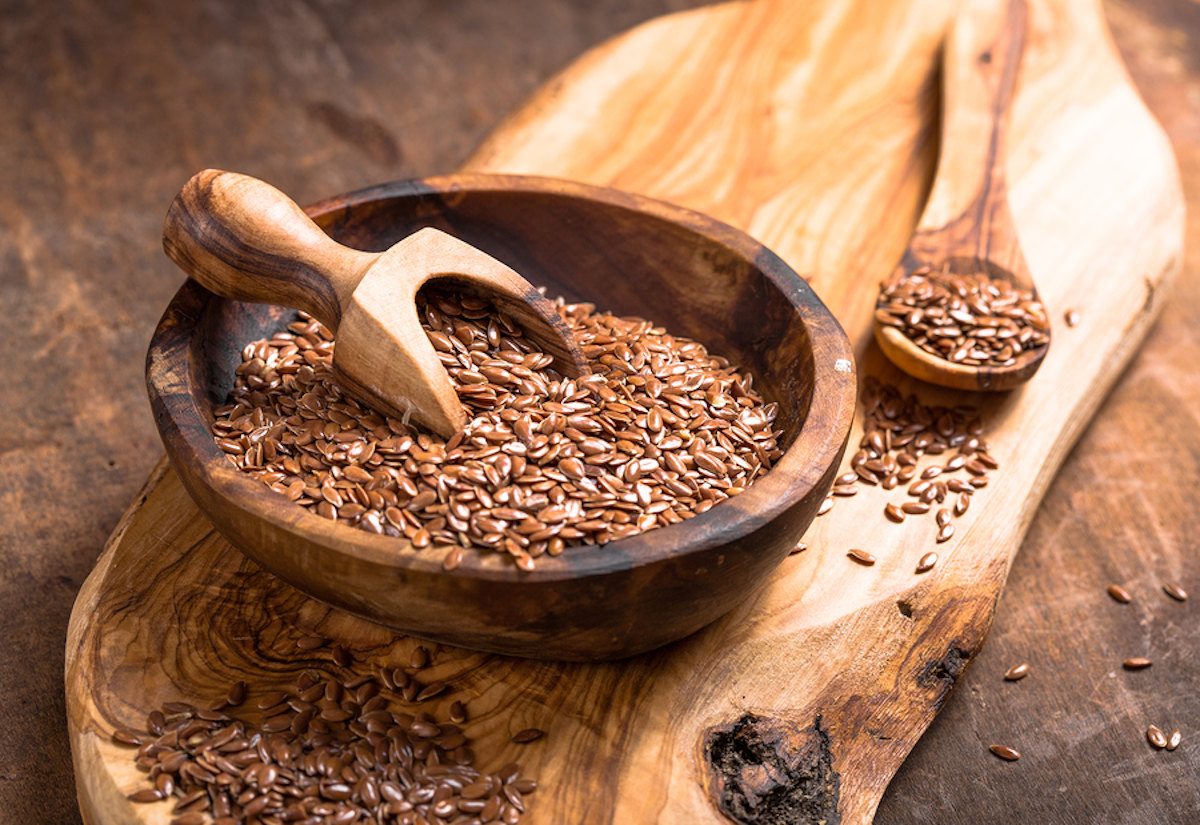
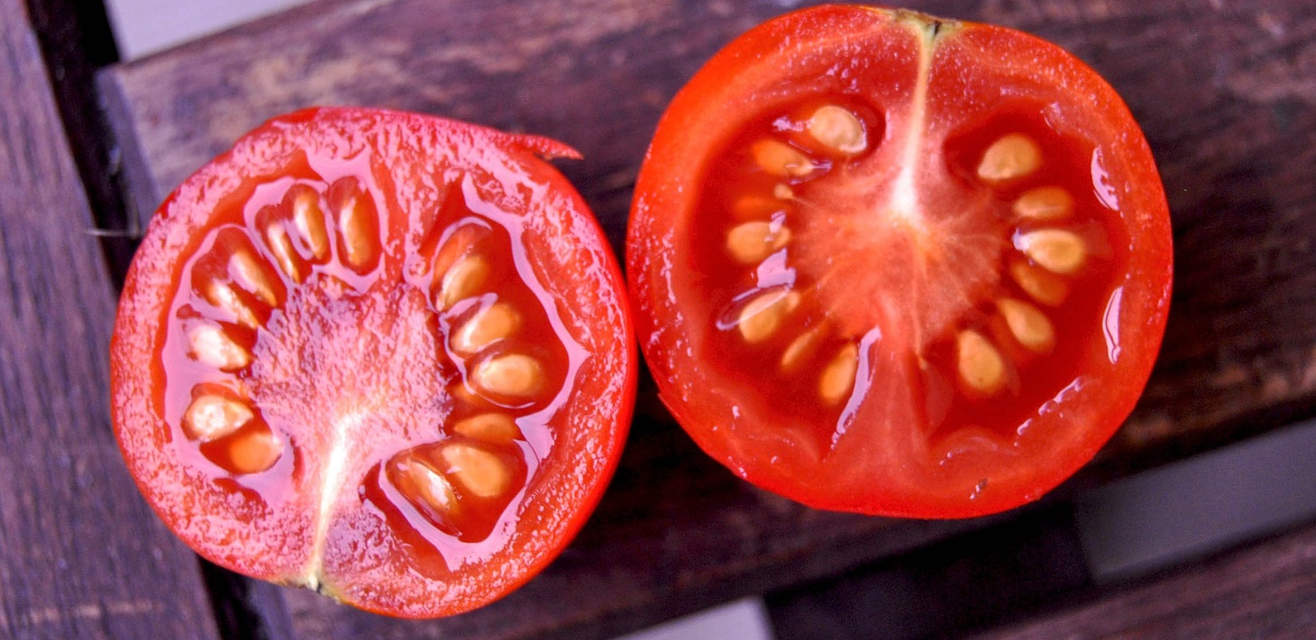
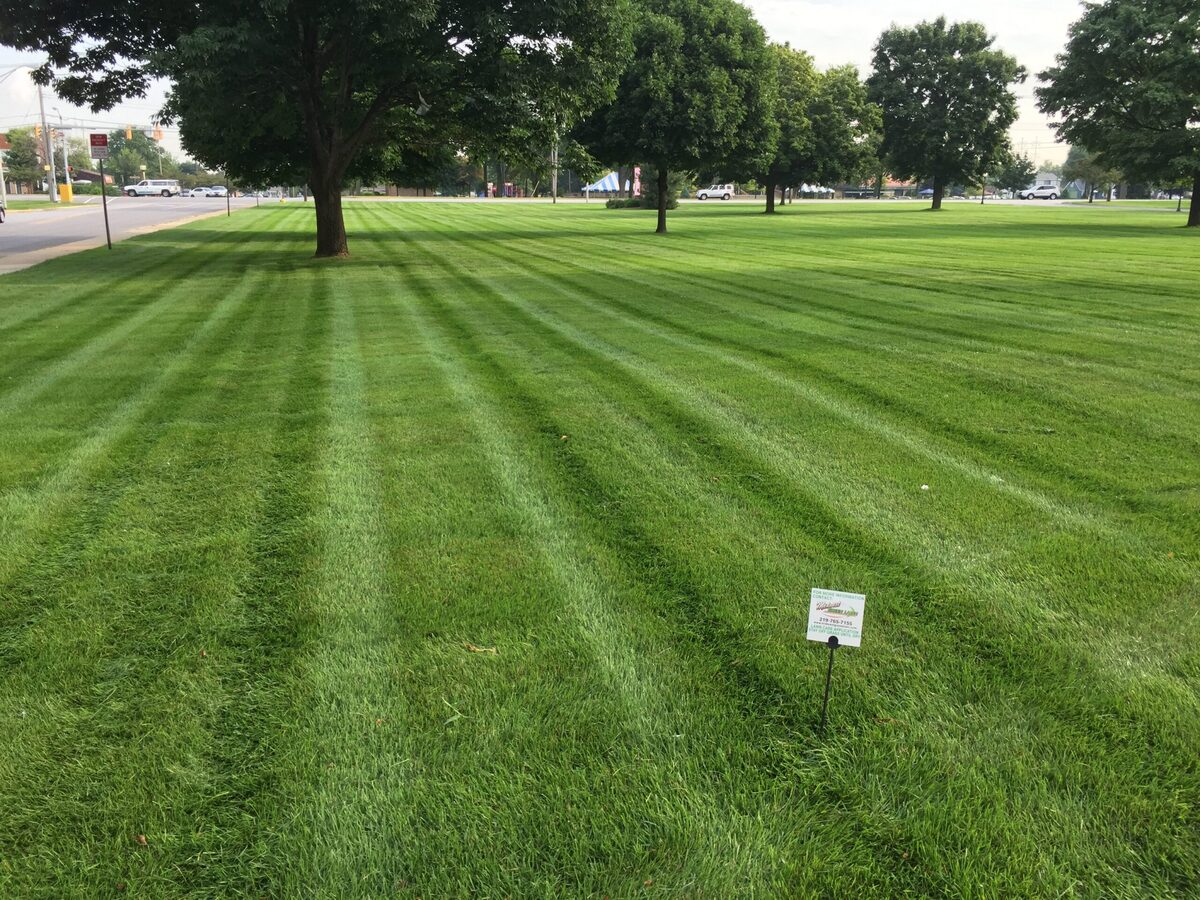
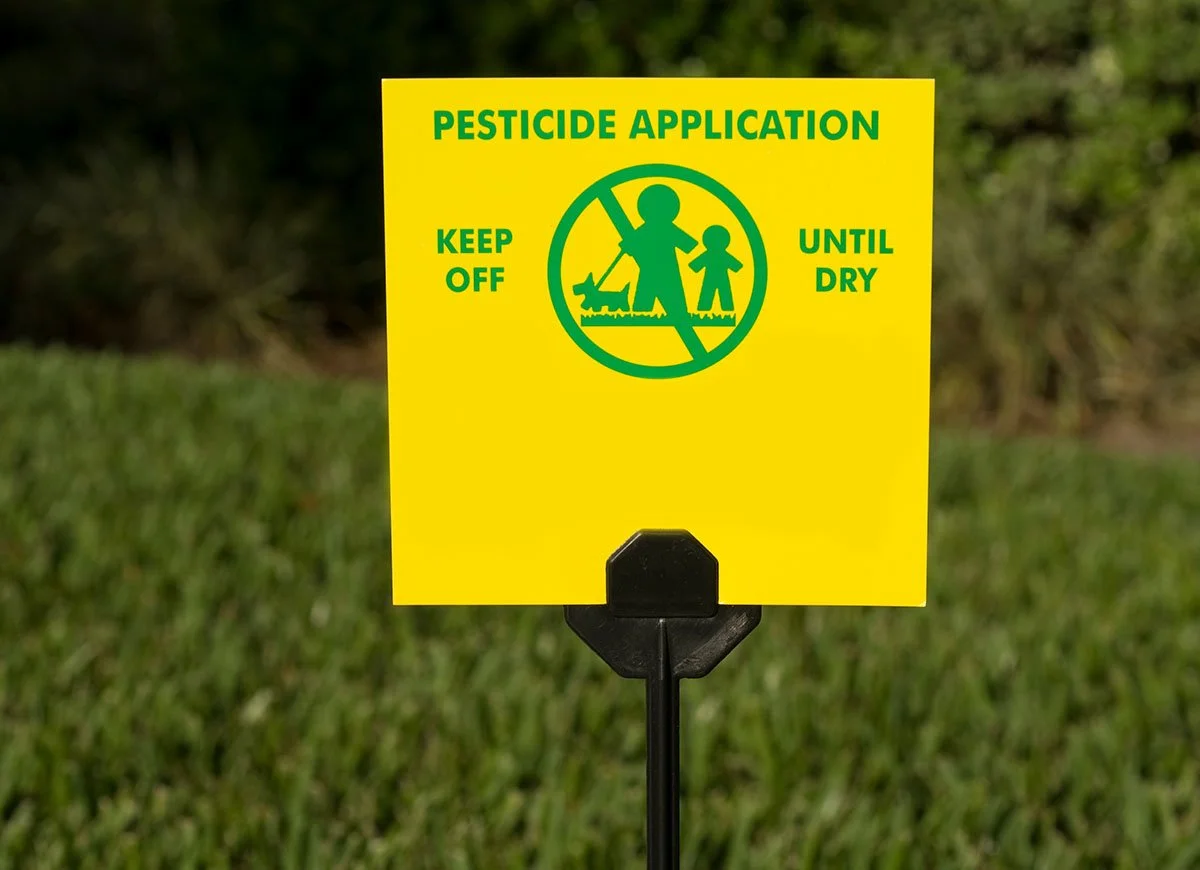
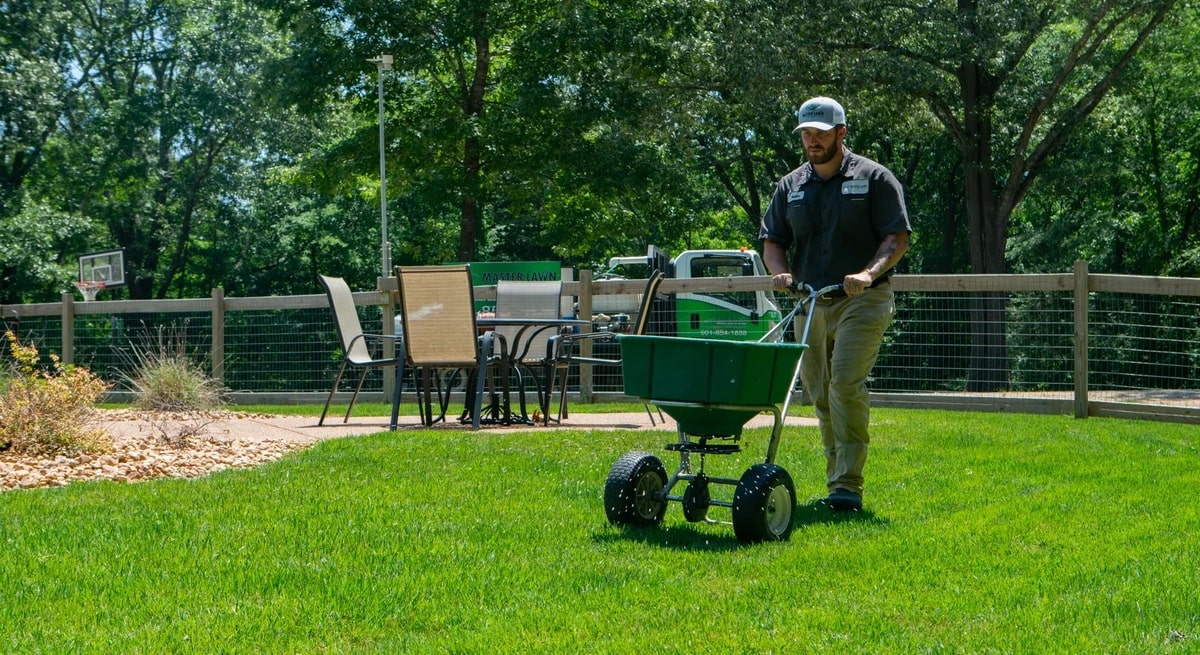
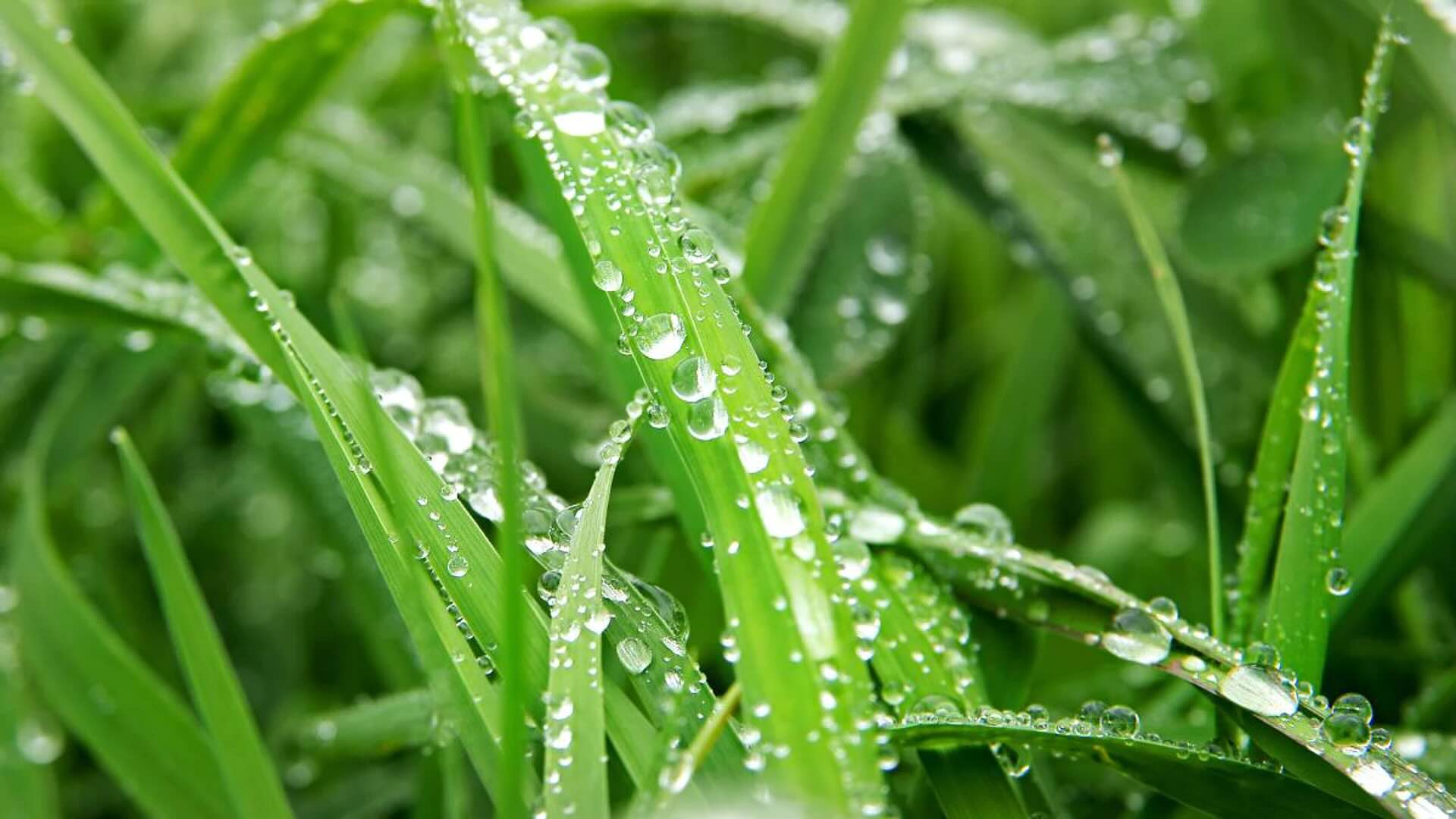
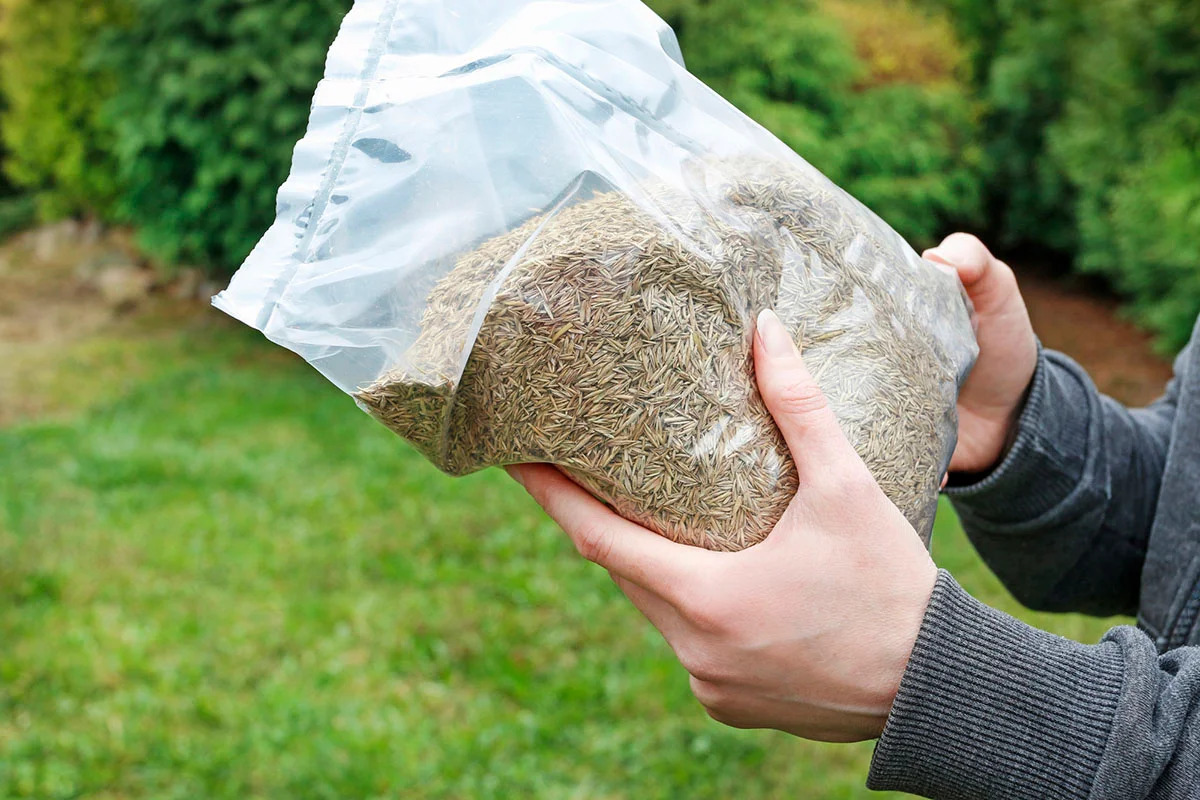

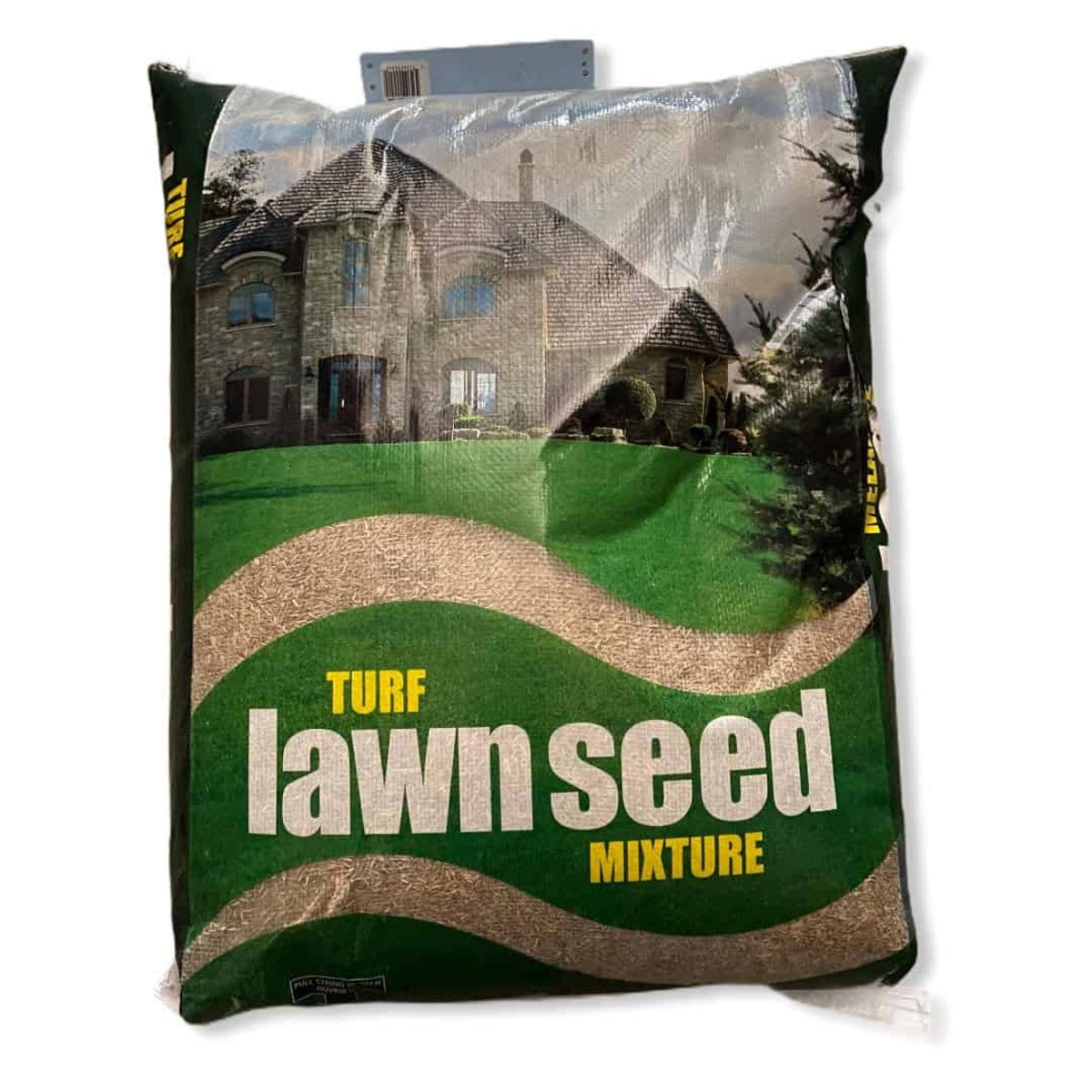
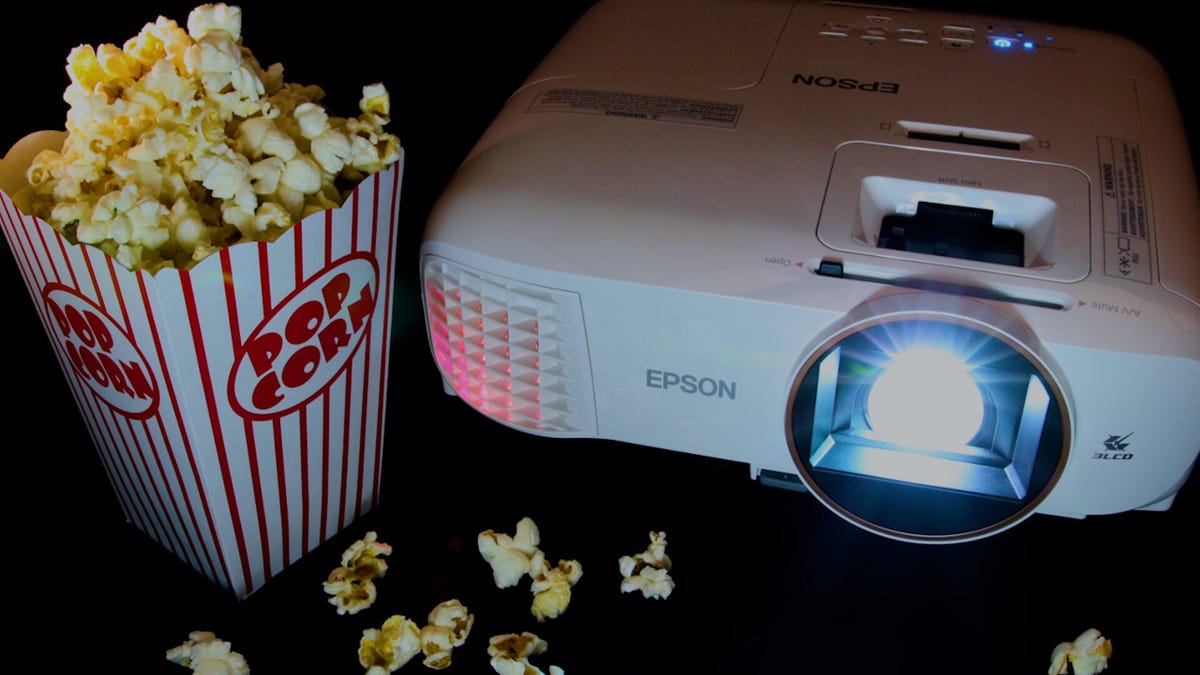

0 thoughts on “How Long Will Grass Seed Stay Good”